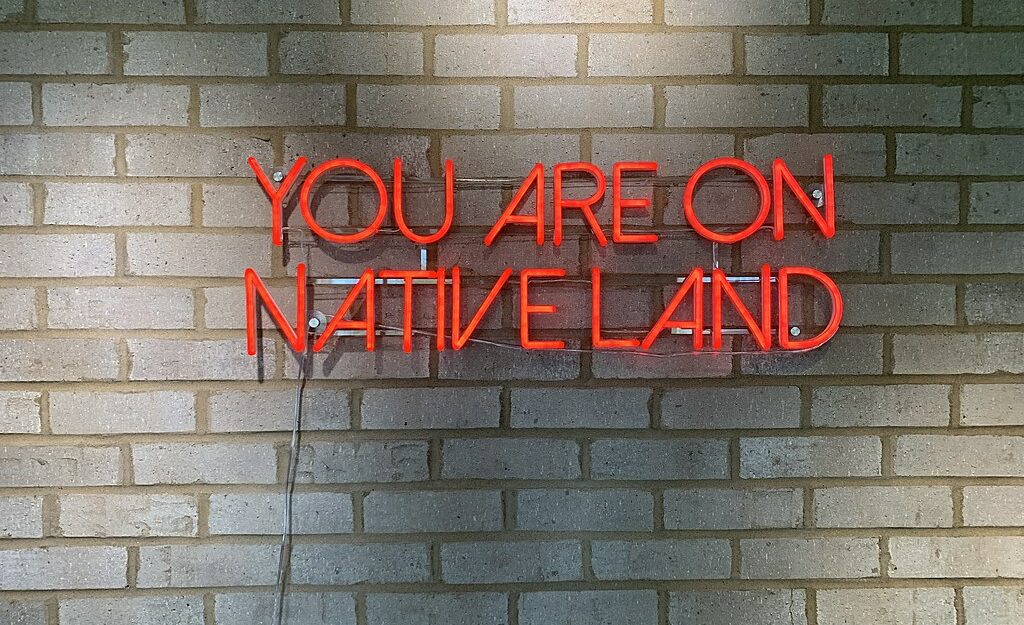Indigenous Food Systems and Resources

By Kaden Mettel, Communications Outreach Specialist Individual Placement / AmeriCorps Member placed at Osprey Wilds Environmental Learning Center
November is Native American Heritage Month! This month is dedicated to honoring Indigenous culture, history, and contributions across the country. In today’s blog post, I would like to highlight how food has the power to connect people to land, and how food traditions play a large role in Native American culture.
As a non-Indigenous person who spent the last summer farming on native land, I felt that it was important to research and amplify the voices of those who have been tending the land for centuries. In my own reflections, I realized that many of the crops that I planted, cultivated, and harvested were not native to this land. Food that we think of as “North American cuisine” is not truly Indigenous to this land, but was brought by colonizers from different countries. Dairy, wheat flour, pork, and white cane sugar are all examples of non-native food. My research helped me realize how much of my diet has been influenced by colonization and how Indigenous foods are not present in mainstream American culinary culture.
Below you will find a variety of resources that highlight Indigenous food sovereignty and culinary traditions throughout Minnesota.
Four Sisters Farmers Market
This farmers market runs from June-October and highlights local Indigenous growers and food. The market is hosted in the parking lot of Pow Wow Grounds Coffee House.
Indigenous Food Lab Market
This kitchen and retail space is one of few centralized markets selling Indigenous food and products, from to-go meals to art and jewelry. The IFL Market works to re-establish and increase access to Native American foodways.
North American Traditional Indigenous Food Systems
NĀTIFS is a non-profit organization founded by Oglala Lakota chef Sean Sherman, whose vision is to “rekindle and empower Indigenous food sovereignty.” The group is committed to reviving Indigenous food systems, economic prosperity, health, and well-being through connection and knowledge sharing.
Indigenous Food Network
The IFN is a network led by Native-led organizations in Minneapolis that works to rebuild sovereign food systems through community collaboration. Check out their network of partnered organizations here.
Minnesota Indigenous Business Alliance Directory
Find Indigenous-owned organizations and businesses near you to support this month and always.
Native Land Map
This map is a great resource to start learning about what tribe’s land you live on. What is now known as Minnesota was previously home to the Anishinaabe (Chippewa, Ojibwe) and Dakota (Sioux) communities.